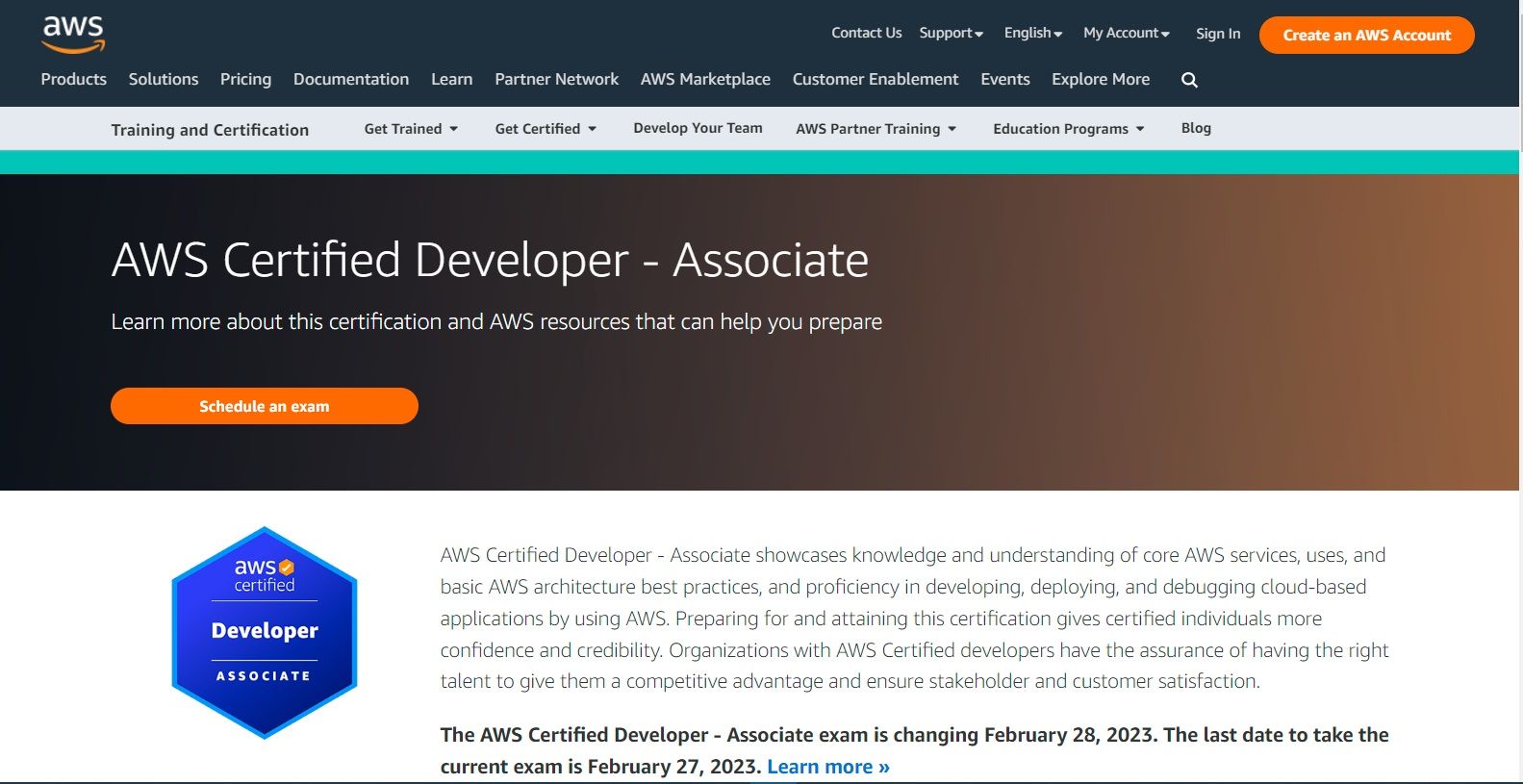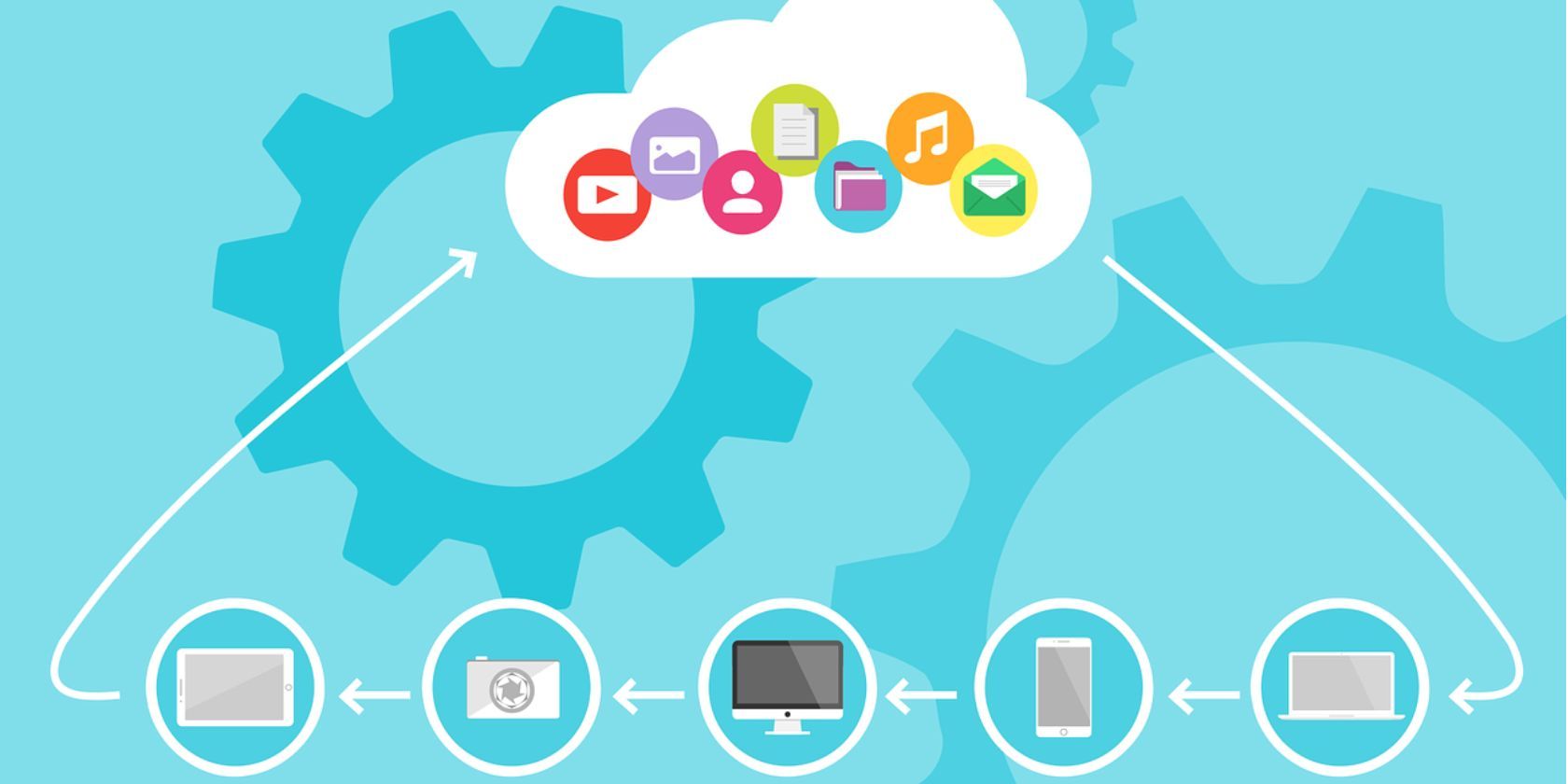In a traditional organizational setting, a product undergoes several stages before it is launched, from the project initiation stage to the development and operation stages. However, forward-thinking enterprises are discovering that they can use the time spent transferring a product from development to operations to create more products, which saves time and costs.
Hence, the development (dev) and operations (ops) processes were combined, giving birth to a hybrid engineer called a DevOps engineer. So, how can you become a DevOps engineer? Read on to learn how.
1. Learn DevOps Culture
DevOps culture refers to the guiding principles, norms, and best practices that enable communication, collaboration, and integration between software developers and other IT personnel. The guiding principles of DevOps culture are automating tasks to save time, prevent errors, and ensure continuous integration and delivery. They also include monitoring the performance of developed software and systems to ensure optimal performance and identify possible drawbacks.
The stages involved in DevOps include the planning stage, where the algorithm of a product is written; the building stage, which converts the algorithm into a product; the testing stage, where all bugs are identified and corrected; the deployment stage, where it is released to end-users, and the monitoring stage, where the product is monitored to ensure full functionality.
Additionally, DevOps engineering involves a great deal of software development and system administration. Hence, you must have an in-depth knowledge of the software development lifecycle.
2. Understand Coding and Scripting
DevOps engineers develop models or software by writing codes whose execution is not limited to a particular computer program like a compiler or interpreter. Although the most common programming languages, like C++, are those executed on a compiler, DevOps engineers also use programming languages that run on an interpreter and are called scripting languages. Hence, you should be familiar with the different programming languages.
Scripting involves writing codes that are interpreted and executed one at a time. While coding involves creating software programs, scripting automates the process. Generally, scripting languages are easier and faster to learn and use than compiled languages like C++. Hence, as a DevOps engineer, you must be familiar with scripting languages like JavaScript.
3. Learn Programming Languages and the Agile Methodology
As DevOps involves software development, fluency in programming languages is a top skill you must have. The major programming languages DevOps engineers work with alongside DevOps tools include Python and Ruby. Also, DevOps engineers must know Linux fundamentals.
Furthermore, you will be required to develop various software within time. Consequently, you must employ the agile development method to save time during the DevOps lifecycle. Agile development is used to describe the method of iterative software development.
Iterative software development involves completing work in short increments called sprints, usually one to four weeks, thereby shortening the DevOps lifecycle. Utilizing the agile development method allows for increased production in less time. Hence, it would help if you learned the agile methodology.
4. Get a Degree/Professional Certification
DevOps engineers typically require a degree in software engineering or other computer engineering disciplines to get started in the profession. However, there are several online certification programs you can register for to learn the nitty-gritty of DevOps engineering.
Professional certifications are especially important because they give you the technical know-how and relevant skills needed in the profession. Furthermore, obtaining certifications is a great way to increase your employability. Here are some of the best certification programs you can start with:
- Certified Software Manager (CSM) - The Software & Information Industry Association
- Amazon Web Services (AWS) Certified Developer – Associate Level
- Professional Software Developer Certification - The Institute of Electrical and Electronics Engineers (IEEE)
- Certified Information Security Manager (CISM) - ISACA
- Certified Application Developer - ServiceNow Training and Certification
5. Learn How to Utilize and Maintain Automation Tools and Systems
The automation tools used in DevOps are created to reduce repeated human input in tasks or processes that enable continuous feedback between the development and operations teams, thus enabling iterative updates to be deployed quickly to applications in production.
Automation helps you accelerate and scale processes and build continuous integration, delivery, and deployment. Thus, DevOps engineers should know how to use automation tools to develop continuous integration and deployment (CICD) pipelines.
There are various types of automation, including robotic processes, IT automation, business automation, machine learning, and artificial intelligence. You should know some common DevOps automation tools: Kubernetes, GitHub, and Jenkins.
6. Understand Cloud Computing
Many enterprises keep their infrastructure on the cloud because it enhances flexibility, scalability, and security. Moreover, DevOps engineering is one of the best cloud computing roles to work in. Therefore, as a DevOps engineer, you should understand the application of cloud service providers and be familiar with the best ones to use.
Some major cloud service providers are Amazon Web Services (AWS), Google Cloud, and Microsoft Azure. It will help if you understand the applications of these cloud service providers and how to utilize them. For example, JavaScript and Python are the top programming languages to code in the AWS cloud.
7. Work With Infrastructure as Code
Understanding how infrastructure components work alongside is essential for a DevOps engineer. These infrastructure components include operating systems, configuration tools, virtualization layers, containerization platforms, and continuous integration/delivery (CICD) pipelines.
Each infrastructure component plays a key role in the optimal performance of the infrastructure. Hence, understanding how each one functions and works with others will serve you well as a DevOps engineer.
8. Choose a Niche and Industry to Work In
DevOps engineering is a growing career with several sub-disciplines you can specialize in. The various career paths in the field include DevOps architect, integration specialist, automation engineer, software tester, and security engineer.
In addition, the services of DevOps engineers are needed in virtually every industry that utilizes software programs and other IT solutions to create products. Hence, you can choose a niche that best matches your abilities and start building your career in the industry.
9. Join a DevOps Team
Networking with other DevOps engineers is a great way to learn DevOps practices faster and stay abreast of the latest happenings in the industry. Furthermore, being part of a DevOps team is a quicker way to break into the industry, get jobs, and build experience. Therefore, consider joining an association of DevOps engineers. Network within the industry and contribute to its development.
Become a DevOps Engineer Today
DevOps represents a philosophy of improved processes and tools that enable companies to develop high-value applications and services faster than companies that stick to obsolete project development methods. Accordingly, companies looking to compete effectively in the market employ the services of DevOps engineers to increase their productivity while saving time and cost.
Hence, DevOps as a career is expected to grow as more companies incorporate DevOps practices into their operations. Therefore, becoming a DevOps engineer today allows you to contribute to the growth of major industries while reaping the financial and professional rewards associated with it.





